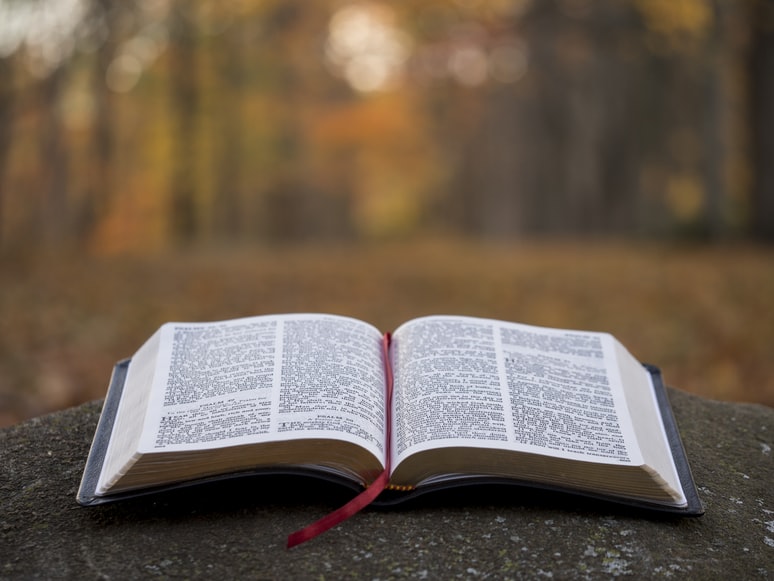
If A Decedent Dies Without A Will, How Are The Assets Distributed?
Each state has statutes called “Intestacy” statutes that are referred to when an individual dies without a Will. These statutes dictate intestate succession, which is how “probate” property is to be distributed to the decedent’s heirs.
What is probate property, or, stated another way, when is a probate necessary? Generally speaking, probate is necessary when a person dies leaving property in his or her own name (such as a house titled in the name of the decedent) or having rights to receive property (such as a wrongful death claim or debt owed to a decedent). However, not all property in which the decedent has an interest will be subject to probate. There are certain kinds of property which pass to a new owner on death without going through probate, such as:
• Property which is owned by the decedent and another person as joint tenants with right of survivorship will pass automatically to the surviving joint owner without going through probate.
• Beneficiary designated properties (such as life insurance, pension benefits, and IRAs) are payable on death, without probate, to the beneficiary designated by the decedent.
• Properties owned by a trust do not go through the probate process but instead are disposed of after death in accordance with the instructions written into the trust instrument.
Montana also provides for a small estate procedure to allow for the transfer, without a probate proceeding, of non-real estate property owned solely by the decedent. This procedure is available if the decedent owned no more than a cumulative total of $50,000 personal (non-real estate) property, such as vehicles or bank accounts, investment accounts, etc., with no beneficiary designations.
That being said, if a decedent dies intestate, without a Will, and a probate is necessary, how are those assets distributed under the intestacy statutes? Who shares in the estate and how much they receive depends on whether or not the decedent was married, had have living children, parents, or other close relatives when the decedent died.
For instance, if the decedent died with:
• Children, but no spouse—the children inherit everything;
• Surviving spouse but no descendants or parents—spouse inherits everything;
• Spouse and descendants from decedent and surviving spouse—spouse inherits everything;
• Spouse and descendants from decedent and surviving spouse, and the decedent also has descendants from another relationship– spouse inherits the first $150,000 of intestate property, plus 1/2 of the balance, and the decedent’s descendants inherit everything else;
• Spouse and descendants from decedent and surviving spouse, and the spouse has descendants from another relationship– spouse inherits the first $225,000 of intestate property, plus 1/2 of the balance, and the decedent’s descendants inherit everything else;
• Spouse and parent(s)— spouse inherits the first $300,000 of intestate property, plus 3/4 of the balance, and parents inherit remaining intestate property;
• Parents but no spouse or descendant— parents inherit everything; or
• Siblings but no spouse, descendants, or parents— siblings inherit everything.
In addition to the property being distributed to people or in shares that the decedent may not have wanted, the distributions are made outright to the inheritors, with no consideration of whether one or more of them is a minor, disabled, incapacitated or otherwise in need of asset management or protection.
Of course, this can all be avoided, and you can remain in control, with a properly thought-out and executed estate plan. Your plan could be a will-based plan or a trust-based plan, depending on what is right for you. We’d be happy to assist you in that process.
Jon



